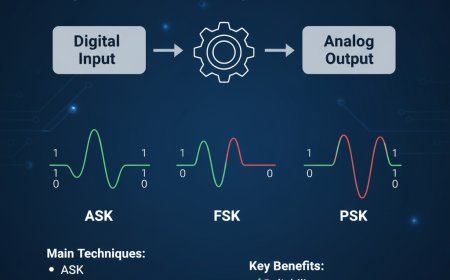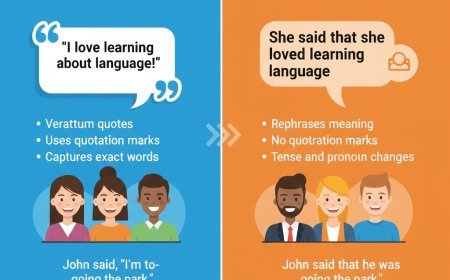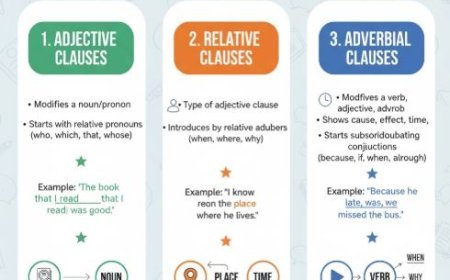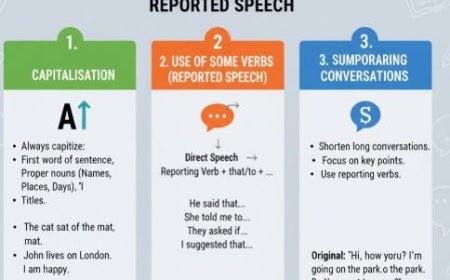PHRASAL VERBS
Phrasal verbs are verb teams (verb + preposition/adverb) that act like single verbs with new meanings, making English fun and surprising.
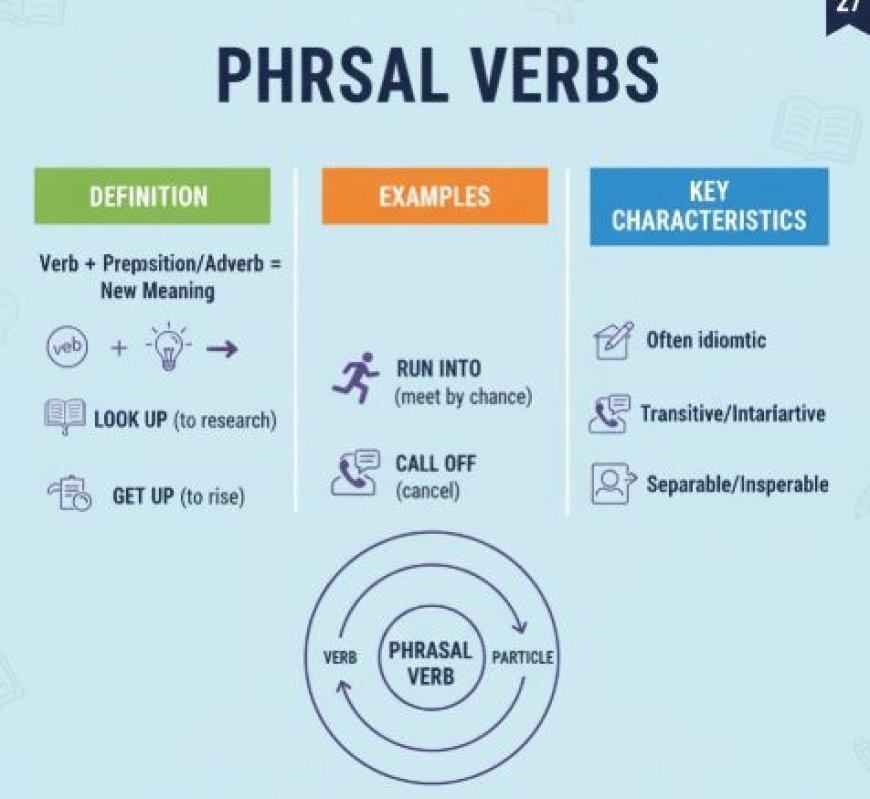
PHRASAL VERBS
- Phrasal verbs are a fundamental aspect of the English language that can often be confusing for non-native speakers. These verbs are formed by combining a verb with one or more particles, such as adverbs or prepositions, to change the meaning of the original verb.
- Understanding phrasal verbs is essential for fluent and effective communication in English, so let's take a closer look at what they are and how they are used.
- Firstly, let's break down the term 'phrasal verb.' The word 'verb' refers to an action or a state of being, while 'phrasal' means a phrase or a group of words that act as a single unit.
- Hence, phrasal verbs are essentially a combination of words that function as one verb with a different meaning from the original verb.
For example, the verb 'get' has different meanings when used in combination with different particles. Let's look at some examples:
1. Get in - to enter a vehicle, building or enclosed space.
Example: Can you please get in the car? We're running late.
2. Get over - to recover from an illness or a disappointment.
Example: It took Kathy a while to get over her broken relationship.
3. In these examples, we see how adding different particles to the verb 'get' creates entirely new meanings. While the basic meaning of 'get' is to obtain or acquire something, its use in combination with particles alters its meaning
- Phrasal verbs can also be separable or inseparable.
- A separable phrasal verb means that the particle can be moved around in a sentence, while an inseparable phrasal verb means that the verb and the particle must stay together.
Let's look at this in context:
- Call off - to cancel.
Example: The baseball game was called off due to the heavy rain. (separable)
- Get along - to have a good relationship with someone.
Example: She gets along well with her coworkers. (inseparable)
What's Your Reaction?












